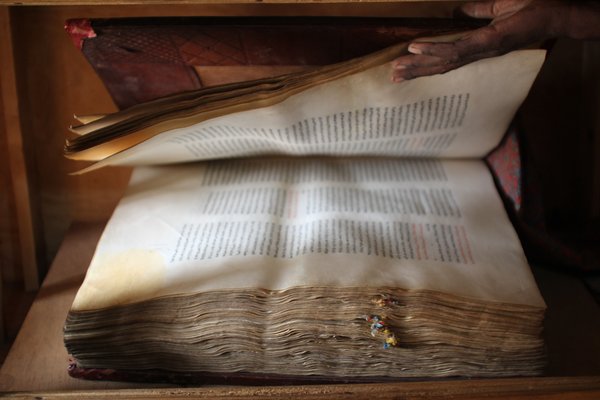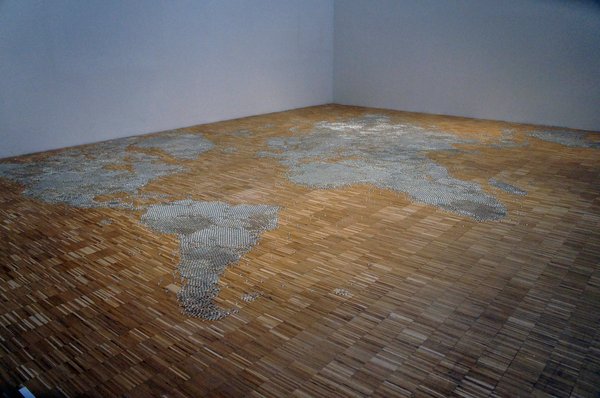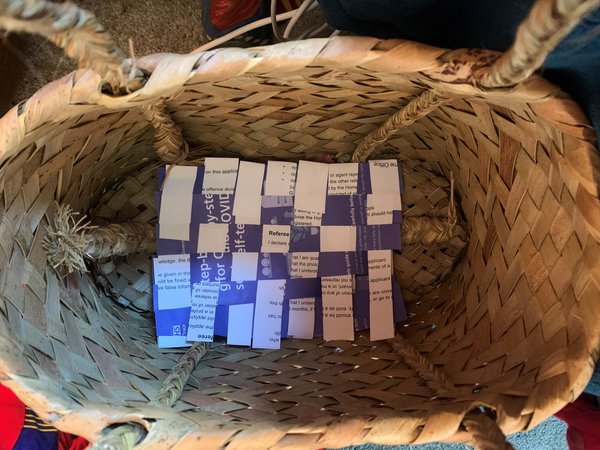Introduction
Whether virtual or bricks and mortar, from the Virtual Museum of Russian Migration to Luxembourg or the Immigration Museum in Brazil, migration museums centre the history of migration through a national lens. This nation-state focus often narrates stories of mobility through control, securitization and experiences within set national boundaries. In turn, it excludes the broader economic, political and social processes that shape human mobility, regardless of nationality.
Building on research and interventions from the MIDEQ Hub, the Virtual Museum of Migration and Mobilities aims to centre narratives of mobility away from individual nations towards an understanding of migration as a normal, human experience. It seeks to present a global perspective of migration, highlighting migration journeys from diverse historical and geographical contexts. Doing so creates an inclusive online space of knowledge exchange across borders which connects students, civil society, policymakers, educators, and academics to the experiences of people on the move.
The project is hosted by the Interuniversity Institute for Research and Development (INURED) and draws on work from MIDEQ member institutions based in Brazil, Burkina Faso, China, Côte d’Ivoire, Ethiopia, Ghana, Haiti, Nepal, South Africa, and the UK. It aims to create a platform to produce and exchange knowledge regarding historic and contemporary migration flows from migrants themselves. The virtual museum seeks to humanise migrant stories and experiences at a time when nationalist and xenophobic narratives on migration are on the rise.



